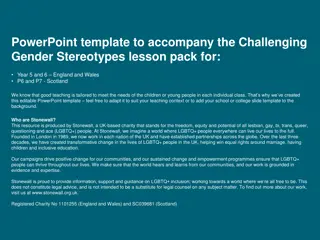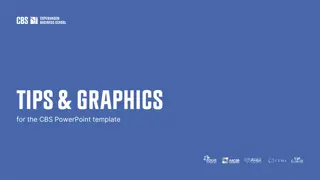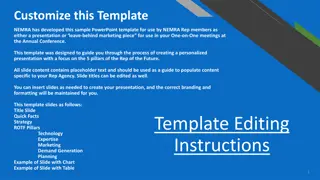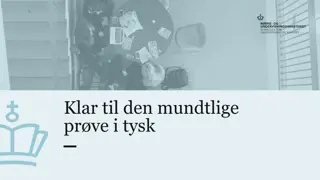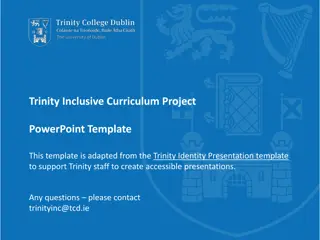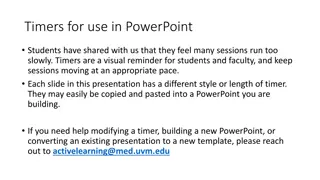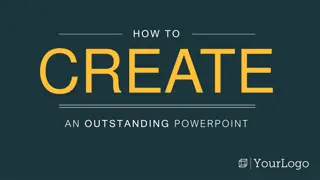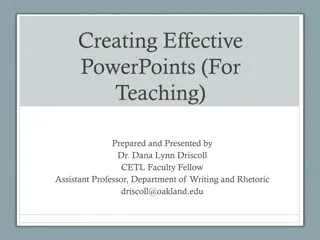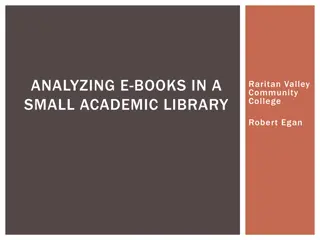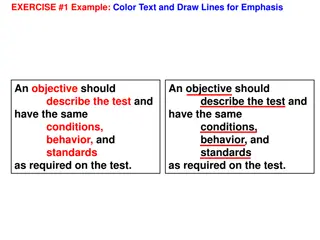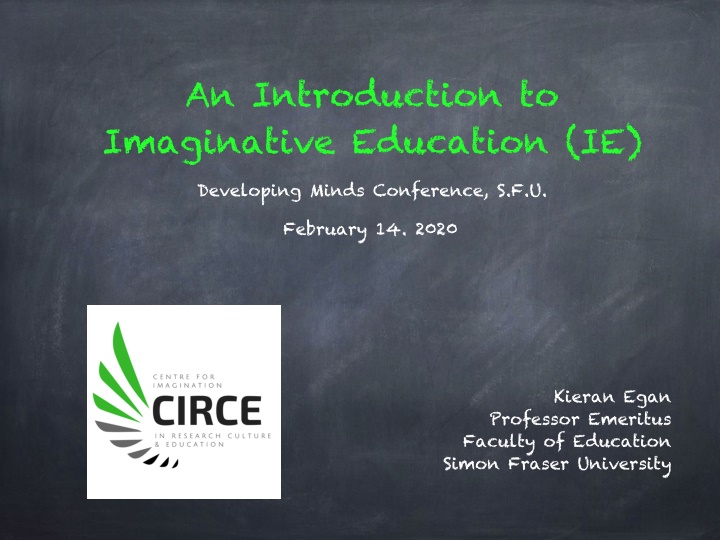
Exploring Imaginative Education: Insights & Tools for Teaching Minds
Dive into the world of Imaginative Education with a focus on cognitive tools and understanding, as well as innovative teaching methods. Discover the importance of engaging learners creatively and the evolution of knowledge within the human mind. Explore the impact of somatic, mythic, romantic, philosophic, and ironic understanding on learning and teaching practices.
Download Presentation

Please find below an Image/Link to download the presentation.
The content on the website is provided AS IS for your information and personal use only. It may not be sold, licensed, or shared on other websites without obtaining consent from the author. If you encounter any issues during the download, it is possible that the publisher has removed the file from their server.
You are allowed to download the files provided on this website for personal or commercial use, subject to the condition that they are used lawfully. All files are the property of their respective owners.
The content on the website is provided AS IS for your information and personal use only. It may not be sold, licensed, or shared on other websites without obtaining consent from the author.
E N D
Presentation Transcript
An Introduction to Imaginative Education (IE) Developing Minds Conference, S.F.U. February 14. 2020 Kieran Egan Professor Emeritus Faculty of Education Simon Fraser University
The Engaged learner Critical thinker Creativity Imaginative engagement
Whats New About IE? how knowledge grows in the mind, and how our imaginations work and change during our lives the ability to think of the possible, in some richness of detail and with discipline ( unusual and effective , Robin Barrow.) innovative teaching methods based on these insights offer new ways of planning and teaching
Cognitive Tools: Toolkits for Thinking African grassland, 60,000 years ago Since then, massive toolkit But they come in chunks > kinds of understanding 2 tools from each chunk (somatic, mythic, romantic, philosophic, ironic)
Somatic Understanding Emotions Humour
Mythic Understanding Stories Images in the mind e.g. Place value, 7 yr. olds
Romantic Understanding Associating with the heroic Humanizing knowledge e.g. eels to 13 yr. olds
Philosophic Understanding Craving for generality Transcendent players to agents within processes e.g. Revolution to 17 yr. olds
Ironic Understanding Irony and Socrates Modulator of other kinds of understanding and cognitive toolkits
Basic Principle of learning And Teaching All knowledge is human All knowledge is human knowledge; it grows out of human knowledge; it grows out of human hopes, fears, and passions. hopes, fears, and passions. Imaginative engagement with Imaginative engagement with knowledge comes from learning knowledge comes from learning in the context of the hopes, fears, in the context of the hopes, fears, and passions from which it has and passions from which it has grown or in which it finds a living grown or in which it finds a living meaning meaning. .
Contact: Dr. Gillian Judson gcj@sfu.ca Visit the imaginED blog: www.educationthatinspires.ca

